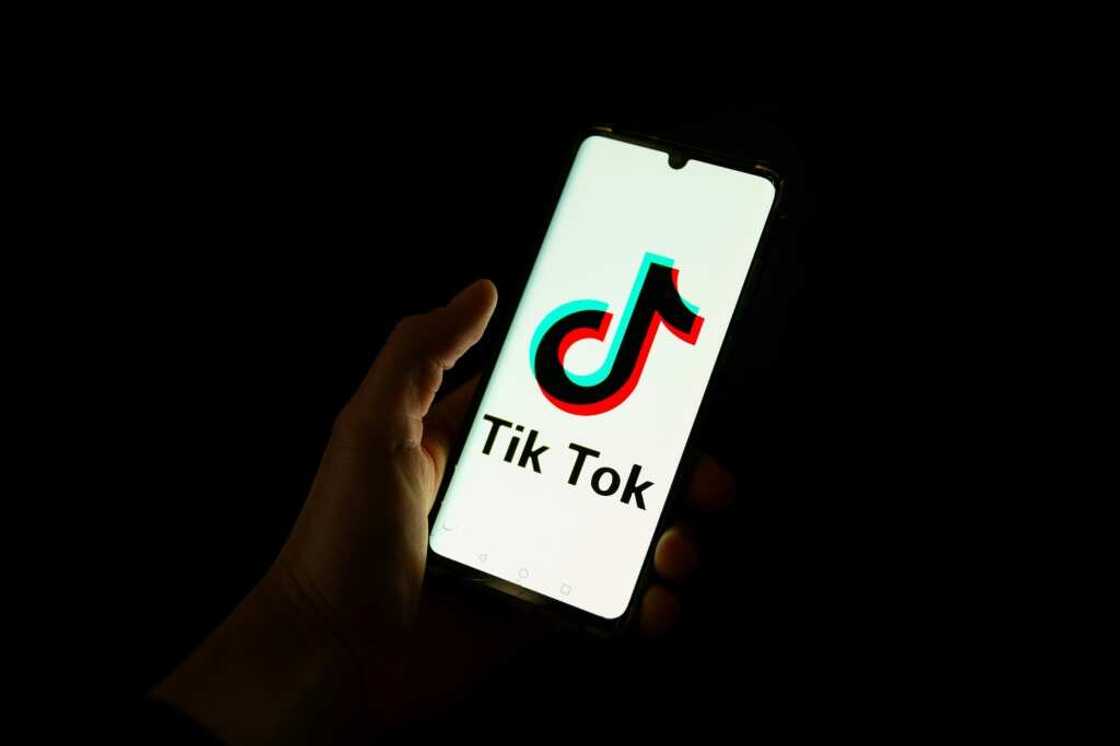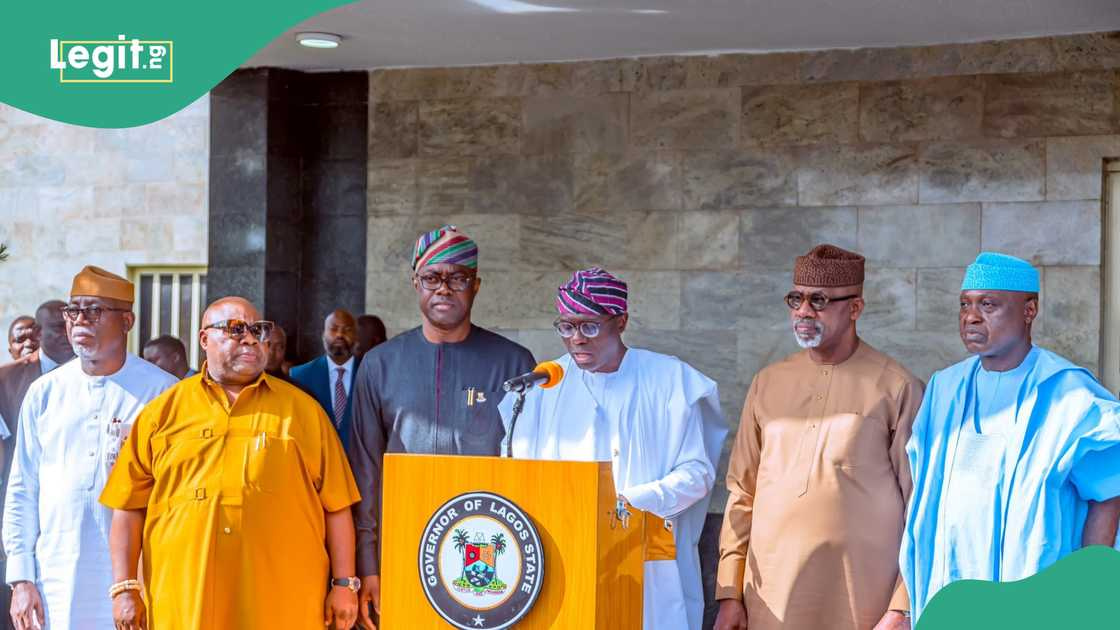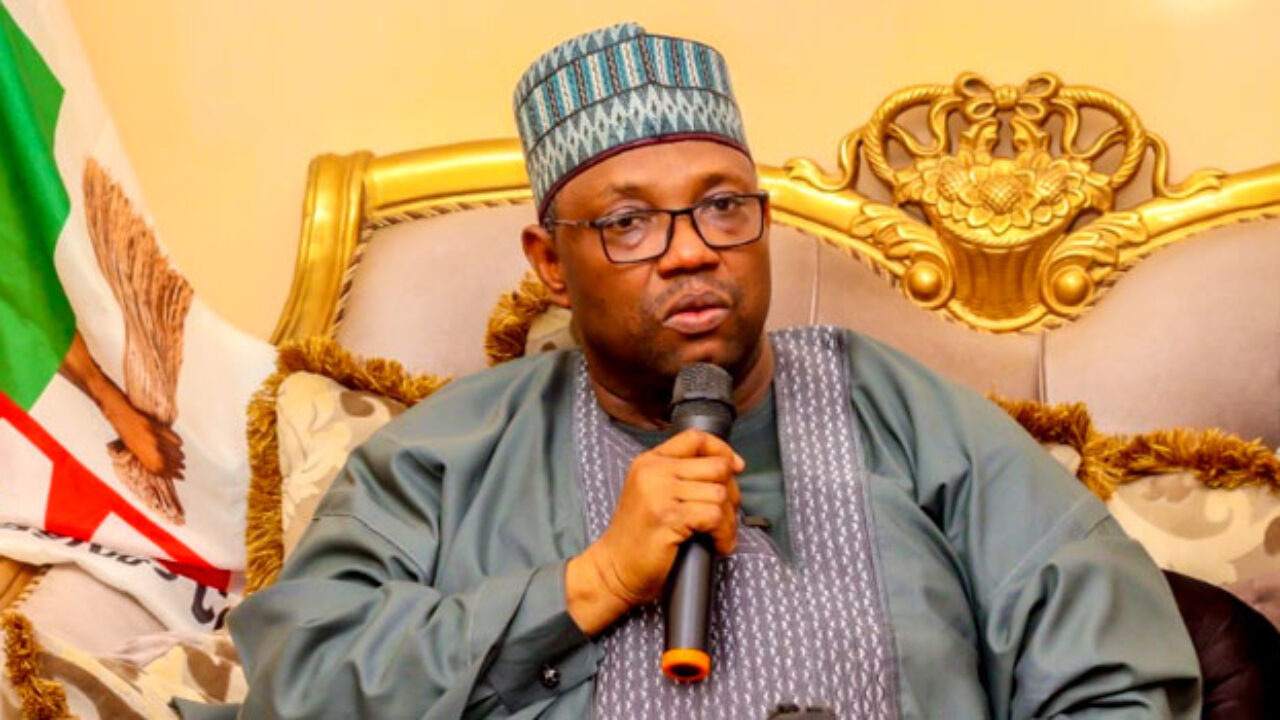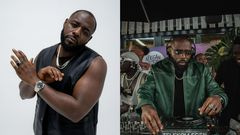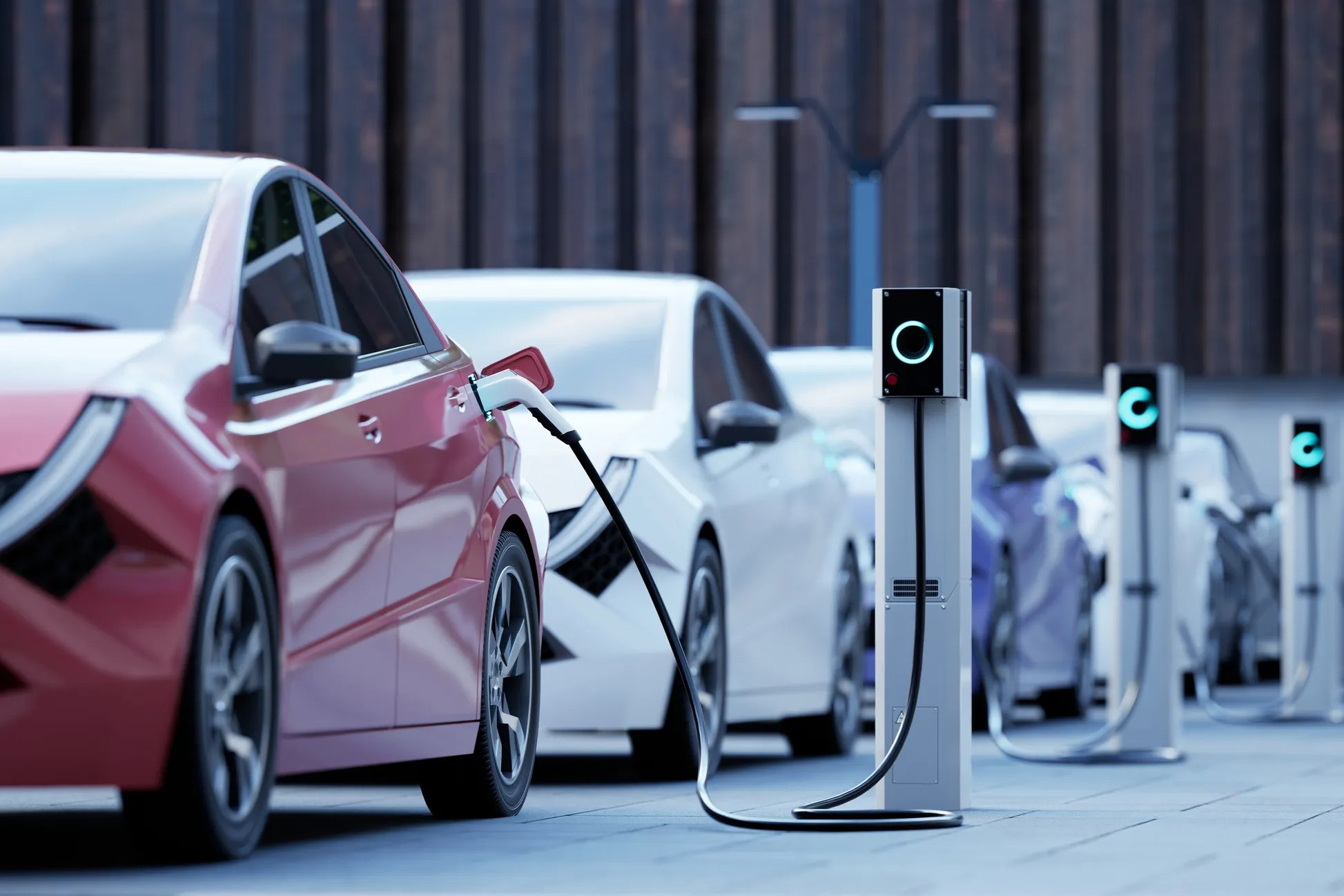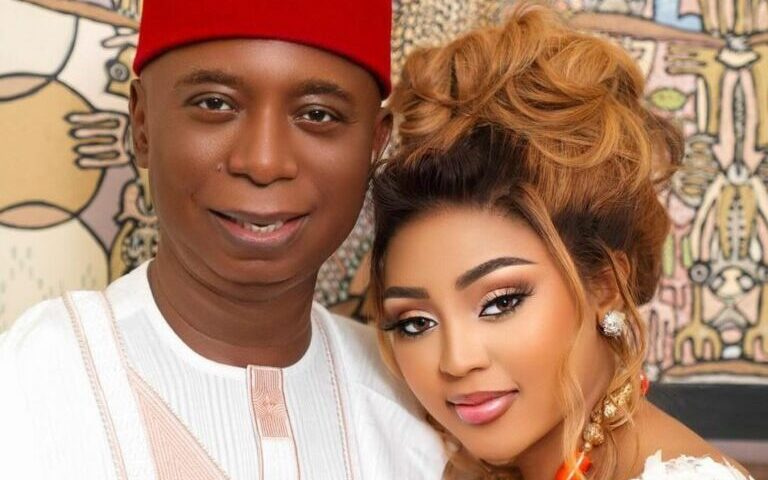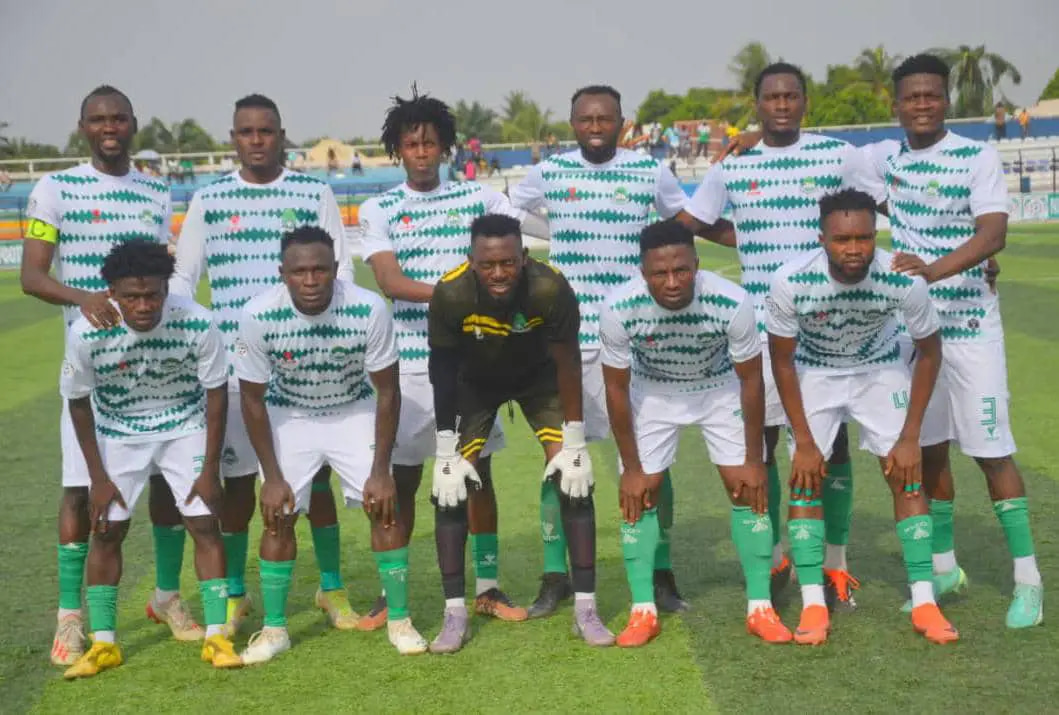The ongoing debate about TikTok’s future in the United States has dominated headlines, with former President Donald Trump claiming that a unique solution is at hand: a consortium of US investors poised to purchase the popular video app from its Chinese parent company, ByteDance. This arrangement is intended to satisfy increasingly tough US legislation around national security. Yet, despite the bold declarations, there are still substantial questions about the path forward, especially for local users in Nigeria, Ghana, and the broader African region—where TikTok’s influence has soared with youth, creatives, and businesses alike.
Is a Deal Really in Place?
At the heart of this story is the proposed divestment of TikTok’s American operations by ByteDance, the Beijing-based tech giant. However, such a move cannot proceed without the Chinese government’s explicit approval, and officials in China appear reluctant to see one of their most successful internet exports stripped away, particularly during a period marred by tense US-China relations.
The Trump administration has publicly stated that a deal has been reached, but as of publication, Chinese authorities have not issued any official confirmation. Direct inquiries sent to both TikTok and ByteDance have reportedly gone unanswered, leaving analysts and millions of users in a state of limbo.
“There’s a lot of ambiguity and uncertainty about what’s really happening behind closed doors,” noted Dr. Oluchi Eze, a tech industry analyst based in Lagos, when interviewed about the implications for African content creators reliant on TikTok.
Trump’s Role and the Power Brokers Involved
A recent executive order from the White House outlined the framework for the potential acquisition, focusing on investors with established ties to Trump and significant influence in global technology and media markets.
One central figure is Larry Ellison, the CEO of software giant Oracle and reportedly the second-wealthiest person in tech. Ellison is a rare Republican titan in Silicon Valley, a sector more often associated with liberal politics. According to US media, he is a trusted personal ally of Trump and has supported several political and technological ventures.
Ellison’s prominence extends well beyond tech; reports indicate he has backed his son David Ellison’s acquisition of the legendary Hollywood studio, Paramount, and is allegedly exploring interest in Warner Brothers.
Also in the proposed investor group are Rupert Murdoch, age 94, and his son Lachlan, who control a global media empire through Fox News. This adds an extra layer of complexity and speculation, raising concerns about editorial independence and the changing ideological stance of widely used platforms.
Some experts and users question whether these developments could tilt TikTok’s content moderation or algorithm toward a more conservative footprint, especially given Trump’s public assertion that TikTok helped him connect more directly with younger voters. However, during a recent event, Trump flatly denied that such a shift is part of the current plan.
Nevertheless, the possibility of increased government or political involvement in major social media services has sparked debate among digital rights advocates, who worry about the potential for limiting diversity of thought—an issue not unique to America, but resonant in highly connected African societies where social platforms have become tools of self-expression and change.
The uncertainties surrounding TikTok’s future are compounded by sweeping changes across global social platforms. For instance, Elon Musk’s acquisition of X (formerly Twitter) has resulted in a move toward more explicitly right-wing content, leading to the disengagement of numerous mainstream media and liberal voices. On the other hand, Meta, steered by Mark Zuckerberg, has made concessions to Republican demands around perceived anti-conservative bias, altering enforcement protocols on Facebook and Instagram.
What’s Behind the Valuation?
During a White House ceremony, US Vice President JD Vance publicly cited a $14 billion valuation for the proposed deal—a striking figure considering Twitter sold for over $44 billion, and TikTok boasts one of the largest youth user bases globally, especially among Gen Z audiences.
Investigations by Bloomberg suggest that ByteDance’s interests have kept the headline price relatively low through a complex arrangement: the Chinese company would retain substantial profit participation via an expensive licensing agreement, potentially receiving up to half the new company’s profits while only officially maintaining a minor (20 percent) shareholding. Trump’s camp reportedly floated this structure as a key feature of the acquisition.
This structure has led some US lawmakers and watchdogs to express reservations, wondering whether the plan actually fulfills the “divest or ban” requirements of the US law, which was supposed to come into effect in January but has experienced multiple delays. According to Carl Tobias from the University of Richmond School of Law, “The assurances about protecting US national security are vague, and many important details are missing.”
Interestingly, while the Trump administration has characterized the deal as settled, the latest executive order announced an extension of the official ban deadline until mid-January to allow more time for negotiations—an apparent contradiction.
Further scrutiny is expected: US House Foreign Affairs Committee chairman John Moolenaar has promised robust oversight of the proposed agreement, declaring, “[ByteDance] has shown time and again that it is a bad actor.”
Meanwhile, some observers point out that Oracle—the tech firm at the center of this deal—already hosts TikTok’s US user data, a security measure introduced during earlier disputes. Critics question how much a new ownership structure will truly alter underlying risks or operations.
How Does This Affect African Creators and Users?
TikTok’s trajectory directly impacts young creators, small business owners, and advocacy groups across Africa, including Nigeria and Ghana. For many, the platform transcends entertainment; it serves as an economic lifeline, a gateway to global audiences, and an amplifier for local stories and talent.
According to Lagos-based digital strategist Funmi Alade, “Many Nigerian influencers and musicians have built entire livelihoods off TikTok, using its reach to sign brand deals, spark social movements, and push Nigerian culture to the world.” Across Nigeria, TikTok is not just a social craze but a propeller for Afrobeats, Nollywood content, and fashion trends—a fact mirrored across West Africa.
Similarly, small businesses and entrepreneurs use the platform for affordable marketing and viral campaigns. Any instability in TikTok’s global status could limit these opportunities, constrain creative freedom, or require adaptation to new content moderation policies driven by overseas investors.
Local IT specialists urge African stakeholders to follow unfolding events closely. “It’s vital for users here to understand how potential changes might affect privacy standards, revenue sharing, and even the types of content that can be promoted,” said Kofi Boadu, a Ghana-based cybersecurity consultant.
What Comes Next for TikTok, Locally and Globally?
What happens to TikTok in the US will set an important precedent for how social platforms with foreign ownership are treated in other markets. These developments signal the growing complexity of digital sovereignty, information control, and international competition in technology.
For African governments, the saga highlights the need for clear digital policy strategies to both encourage tech investment and protect local content creators from the ripple effects of global tech disputes. As seen with previous attempts to regulate digital platforms—like the temporary Twitter ban in Nigeria—regional leaders must balance innovation with security and self-determination.
For now, African TikTokers—along with the platform’s 170 million American followers—can only watch and wait as negotiations continue. The world is paying attention, and Africa, with its vast creative energy and growing digital influence, remains a key part of this evolving story.
What do you think about the potential impact of the TikTok deal on Nigerian and African creators? How should our governments and youth prepare for changes in global digital platforms? Share your opinions below and don’t miss our latest updates on tech and digital culture.
Source: AFP
Have a tech story, digital experience, or impactful video you’d like to share or sell? Reach out—we’re eager to amplify African voices in the global conversation!
Email your story tips, submissions, or inquiries to story@nowahalazone.com.
For general support, email us at support@nowahalazone.com.
Connect with our vibrant community on Facebook, X (Twitter), and Instagram for trending stories and more hot tech and gist!
What’s your view on the TikTok saga? Drop a comment below and follow us for new angles every week.

